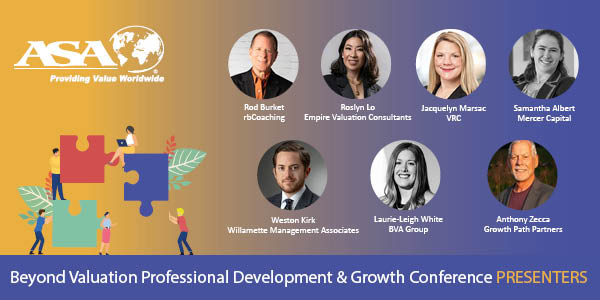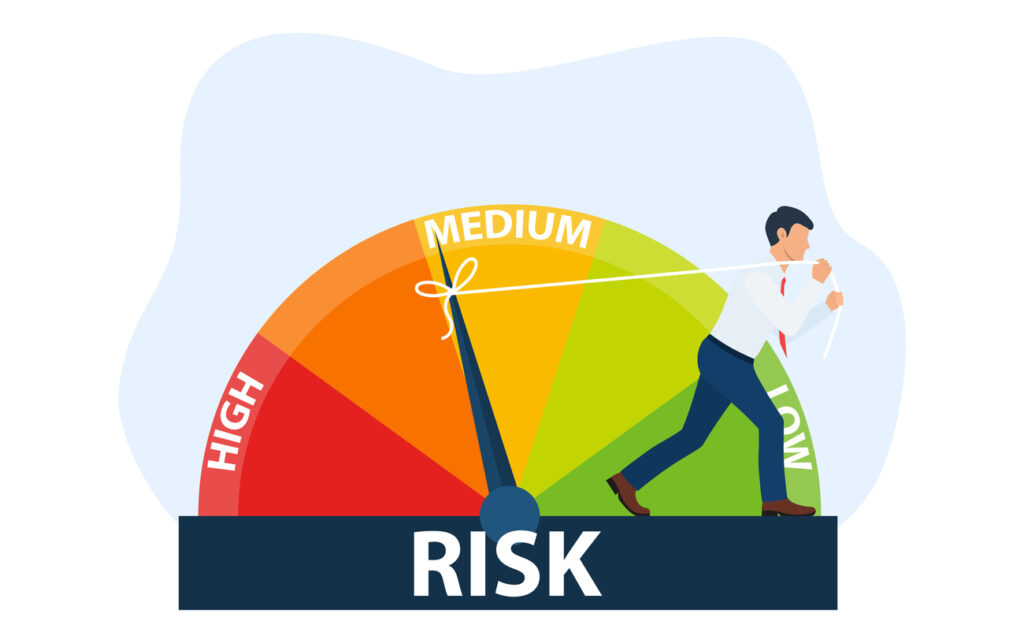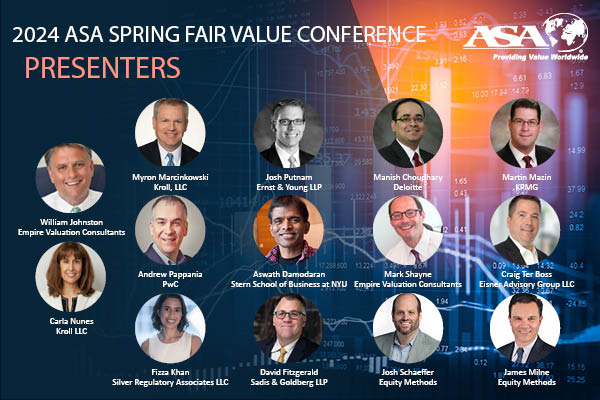Navigating Legal Entity Valuations: Best Practices for Multinational Corporations
Spotlighting four best practices to be covered in ASA’s upcoming BV541 Legal Entity Valuation Best Practices webinar.
By Judd Schneider, CFA and Michael Rigby, CFA

In the complex world of multinational corporations, the preparation of legal entity valuations is a critical aspect of strategic decision-making and compliance. Whether it’s for tax planning, regulatory compliance, mergers and acquisitions, or financial reporting purposes, understanding the nuances of legal entity valuations is essential. Here, we delve into various aspects of legal entity valuations and best practices for preparing these valuations, with a focus on those prepared for various purposes for multinational corporations.
- Various Types of Legal Entity and Other Tax-Related Valuations
Legal entity valuations may be prepared for many purposes tailored to multinational corporations’ specific needs. These may include valuations for intercompany transactions, including movements of assets, shares or intangible property, business restructurings, mergers and acquisitions, transfer pricing compliance, among others. Each type of valuation may require a nuanced approach, considering factors such as specific characteristics of the entities involved, jurisdictional regulations, and industry standards.
Valuations performed for legal entity restructuring purposes, for instance, require evaluating the impact of restructuring activities on the entities’ financial position, assessing projections and tax liabilities, and ensuring consistency within the global organizational structure. Transfer pricing valuations necessitate careful analysis of comparable transactions to ensure arm’s length pricing. Likewise, Intellectual property valuations demand expertise in assessing intangible assets’ fair market value or arm’s length value, considering factors like market demand, technological advancements, and legal protections.
- Common Reasons for Undertaking Legal Entity and Other Tax-Related Valuations
Multinational corporations undertake legal entity valuations for various reasons, often driven by regulatory requirements and strategic objectives. Compliance with transfer pricing regulations, such as the OECD’s guidelines, is necessary to ensure that intercompany transactions involving intangible property reflect market conditions. Mergers, acquisitions, and divestitures necessitate valuations to determine fair market value of legal entities and/or assets and allocate purchase price among assets and liabilities.
Tax planning is another significant driver, as corporations seek to align global operations with evolving business requirements, amidst an ever-changing regulatory and tax landscape. Additionally, financial reporting standards, such as Accounting Standards Codification (ASC) 805, Business Combinations, and International Financial Reporting Standards (IFRS) 3, Business Combinations, mandate valuations for business combinations to accurately reflect the entities’ fair values of acquired assets and assumed liabilities in financial statements.
- Key Considerations in the Preparation of Legal Entity and Other Tax-Related Valuations
Several key considerations emerge when preparing legal entity valuations for multinational corporations. Firstly, understanding the entities’ unique characteristics, including their business operations, industry dynamics, and geographic footprint, is paramount. This ensures the selection of appropriate valuation methodologies and assumptions that lead to supportable valuation conclusions.
Secondly, navigating the complexities of cross-border transactions and diverse regulatory environments requires a deep understanding of complex corporate finance issues, such as the interaction of different currencies of projected cash flows and discount rates used, international tax laws, transfer pricing regulations, and local valuation standards. To avoid compliance issues and effectively manage tax benefits (and risks), multinational corporations need to keep up with changing rules and court decisions. Valuation providers also need to be aware of local valuation requirements that may differ from what is acceptable in other jurisdictions.
Thirdly, managing data is crucial in valuation exercises, especially when dealing with large volumes of financial and operational data across multiple jurisdictions. Hiring a reputable valuation firm and establishing proper internal controls, including data management and review and sign-off procedures, can enhance the accuracy and credibility of valuations.
- Best Practices for Preparing and Documenting Legal Entity and Other Tax-Related Valuations
To ensure the integrity and defensibility of legal entity valuations, multinational corporations should adhere to best practices in preparation and documentation. This includes engaging qualified valuation professionals with expertise in international taxation, accounting, and finance, who can navigate the complexities of cross-border valuations.
Moreover, transparency and documentation are essential, with comprehensive documentation supporting the valuation methodologies, key assumptions, and data sources used. This not only enhances credibility with tax authorities and regulators, but also provides a clear audit trail for internal and external stakeholders.
Regular reviews and updates of valuations must reflect changes in business operations, market conditions, and regulatory requirements. Multinational corporations should adopt a proactive approach to valuation management, incorporating valuations into their strategic planning processes and risk management frameworks.
In conclusion, legal entity valuations for multinational corporations require a deliberate and thoughtful approach that considers the diverse regulatory, tax, and business dynamics across multiple jurisdictions. By following best practices in preparation and documentation, corporations can navigate these complexities effectively, ensuring compliance, optimizing tax efficiency, and supporting informed decision-making.
Looking for a deeper dive into this specialty? Register for ASA’s BV541 Legal Entity Valuation Best Practices webinar, June 6, 2024, from 1:00-2:30 PM EDT, presented by Judd Schneider and Michael Rigby.
ABOUT THE AUTHORS

Judd Schneider is a Managing Director and the Boston Office City Leader, and part of the Valuation Advisory Services business unit of Kroll. He also serves as the Industrial Products Industry Leader and Co-Head of U.S. Tax Valuation Services. Judd focuses on industrial, consumer products, gaming and technology companies and has nearly 24 years of experience in the valuation of business enterprises, legal entities, debt and equity securities, intangible assets, intellectual property and derivative instruments for purposes of financial and tax reporting, merger and acquisition planning, tax reorganizations and restructurings and intercompany transfer pricing.

Michael Rigby is a Managing Director in the Valuation Advisory Services practice of Kroll, based in Chicago. Michael is part of the Industrial Products industry group of the firm and Co-Head of U.S. Tax Valuation Services. Michael’s clients include large multinational corporations, mid-/small-cap companies and private equity firms across a broad spectrum of industries, including advertising, aerospace and defense, automotive, chemicals, education services, industrial products, magazine and book publishing, media, oil and gas services, software and technology.





































